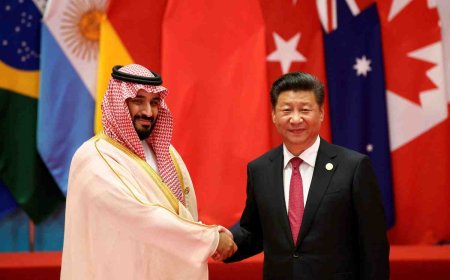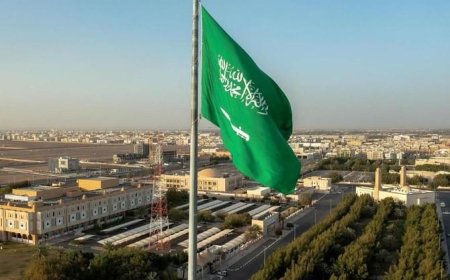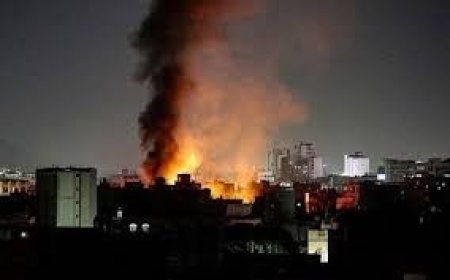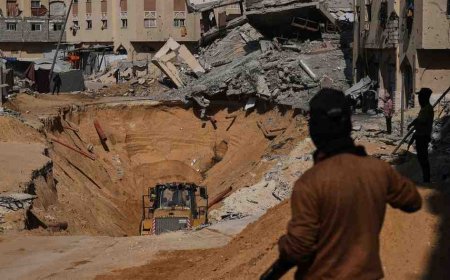Israel Launches Major Airstrikes on Syrian Cities of Homs and Latakia, Damascus Condemns "Blatant Violation"
Israel carried out major airstrikes on the Syrian cities of Homs and Latakia, targeting military sites. Damascus strongly condemned the attacks, calling them a "blatant violation" of its sovereignty and international law.
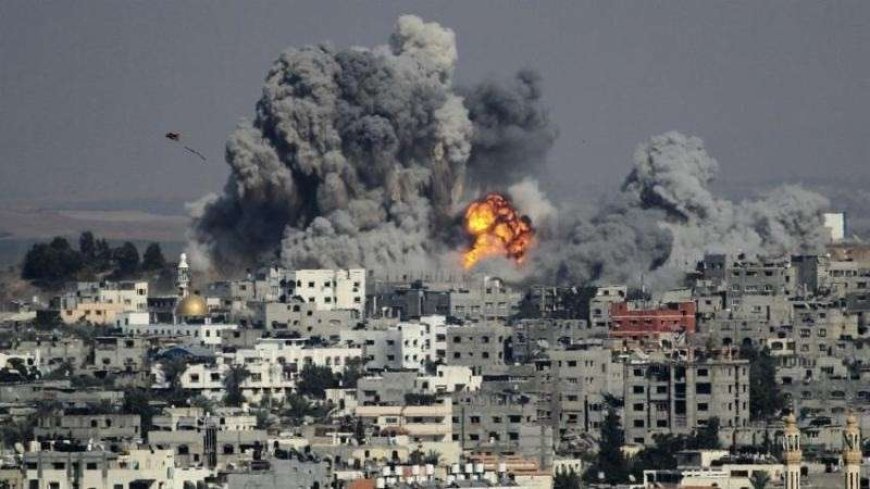
Israel Launches Major Airstrikes on Syrian, Damascus Protests
DAMASCUS, SYRIA, September 9, 2025. The Syrian Foreign Ministry has issued a statement condemnation of a new wave of Israeli airstrikes in Syria, that hit critical cities in and around Homs and Latakia. In an official statement, Damascus blasted these attacks as a "blatant violation of the sovereignty of the Syrian Arab Republic," reflecting a serious increase in the current conflict.
A Pattern of Escalation: Israel’s Intensified Campaign in Syria
The latest military strike is part of Israel's significantly increased assault on Syrian land. According to reports from official media and the independent organization the Syrian Observatory for Human Rights (SOHR), Israeli military involvement has increased since the political revolution in December 2024, which saw former President Bashar al-Assad deposed.
Details of the September 9 Airstrikes
- The latest strikes hit important military locations. Monitoring groups give the following information:
- Homs Strike: Israeli fighter planes attacked an air force group southeast of the city.
- Latakia Strike: A military facility in the coastal region was targeted. Local sources reported a quick emergency response, with ambulances racing to the area; however, initial reports did not confirm the number of victims.
By the Numbers: The Scale of Israeli Operations
The SOHR has quantified the terrifying size of Israel's military operations:
- 2025 Totals (to date): Almost 100 assaults, including 86 air raids and 11 ground offensives.
- Damage: Approximately 135 sites were damaged.
- There have been at least 61 fatalities.
- Post-Assad Surge: Between December 8 and 31, 2024, Israel conducted nearly 500 airstrikes within Syria.
Geopolitical Context and Israeli Territorial Ambitions
The war extends beyond airstrikes. Israel is also expanding its power over the Syrian Golan Heights, taking regions within the demilitarized buffer zone, a move largely regarded as a violation of the 1974 disengagement agreement.
Analysts attribute the military escalation to larger regional strategies. Prime Minister Benjamin Netanyahu's goal of a "Greater Israel" calls for extending territorial claims into sections of several countries nearby, including Syria. This goal has significantly raised regional tensions and promoted ongoing military activity.
Failed Diplomacy and Continued Hostilities
Efforts to de-escalate the situation have so far proved ineffective. U.S.-mediated talks between Syrian and Israeli officials in Paris failed to reach an agreement that will last. Israel's continuing military activities appear to directly harm these diplomatic efforts, showing an ongoing preference for a military policy over a negotiated settlement.
International Appeal
In response to the ongoing attacks, Syrian authorities took on the United Nations Security Council and the world community. They call for a determined stand against what they see as frequent violations of Syrian sovereignty and international law.
Summary: A Region on Edge
Israel's strikes on Homs and Latakia in September 2025 are part of a long-term and growing military attack. Damascus continues to criticize these acts as violations of its sovereignty and has called for international engagement. With hundreds of attacks resulting in huge destruction and loss of life, the war remains a key point in the area, driven by deep-seated geopolitical goals and a failure of diplomatic solutions.
What's Your Reaction?














